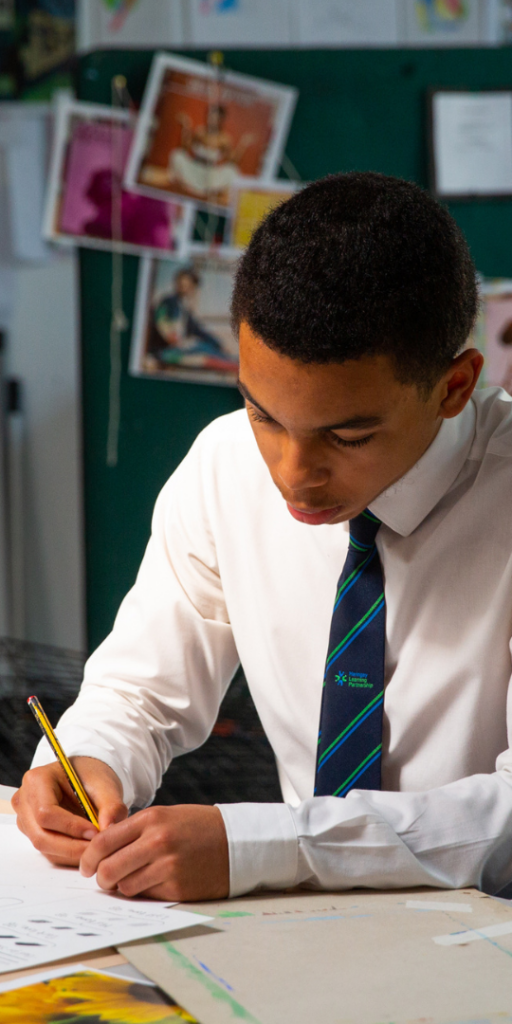

New Department for Education data shows school exclusions rising above pre-pandemic levels and suspensions skyrocketing.
As the school year ends, and a new government sets priorities, a clearer picture emerges of a ballooning problem in England’s schools with the most vulnerable children most at risk of falling out of school.
The Who’s Losing Learning Coalition – an alliance of IPPR, the Difference, Impetus and Mission 44 – has come together to analyse the scale and impact of lost learning.
The Coalition’s analysis of new Department for Education data reveals that exclusions (including temporary suspensions and permanent expulsions) have soared to record levels in 2022/23 (latest available figures). The data finds:
There is also concerning regional variation in rates of exclusion and suspension:
A new report to be published by IPPR on 5th September will outline the true scale of children losing learning in England. This will include new data on suspensions and exclusions, alongside statistics on types of exclusion not routinely tracked by the government such as off-rolling and internal truancy. The upcoming report will also reveal that children with the worst mental health issues are 17 times more likely to be in Alternative Provision schools serving excluded pupils than their mentally healthier peers.
A new Who’s Losing Learning Solutions Council will set out how the education sector should respond to this challenge. Between September 2024 and March 2025 the council will hear evidence from school leaders, parents and organisations working with children losing learning. The Council will identify promising work currently happening in pockets across the country and advise on how these ought to be translated into national policy solutions.
“Today’s sobering rise in children losing learning through exclusions shows the need for a joined-up approach. We can’t separate out policy response on behaviour from the special needs crisis, mental health problems or unequal opportunities for the poorest children. I’m proud at The Difference to support school leaders bucking these trends. And looking forward to working with cross-sector leaders this year to look at the challenge in the round and get the policy solutions these vulnerable children urgently need.”
“Students excluded from school are more likely to be from low-income backgrounds, have lower attainment, and have special educational needs. Evidence also suggests they are more likely to go on to be unemployed and go to prison after exclusion. We desperately need to build new effective policy solutions to this problem, informed by those on the front line, to support the most vulnerable students and help schools reduce the crisis of lost learning.”